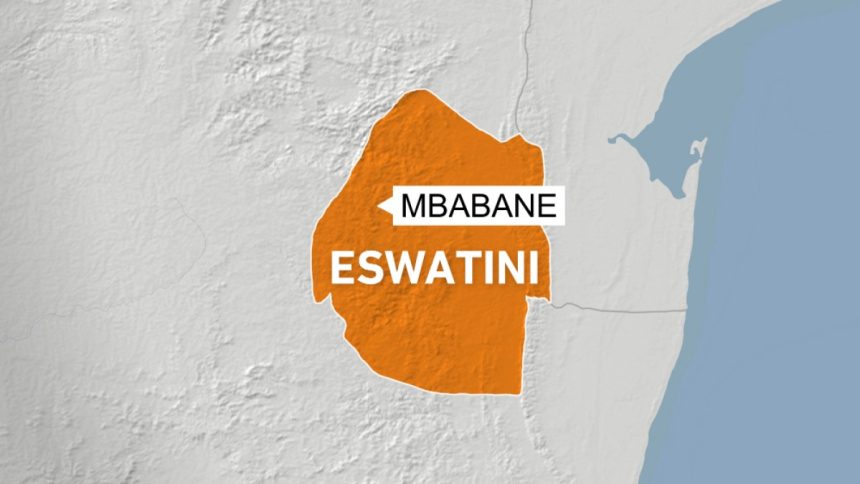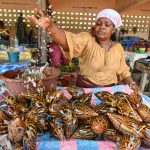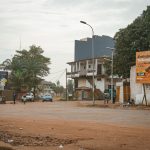[ad_1]
The last absolute monarchy in Africa, the Kingdom of Eswatini, will hold parliamentary elections on Friday, with political parties banned from contesting.
The constitution emphasises “individual merit” as the basis for selecting lawmakers, who cannot be affiliated with any political group. Being in the good graces of King Mswati III, who wields absolute power, also carries much weight.
About 585,000 registered voters will be called to choose 59 members of the lower house of parliament, which plays only an advisory role to the monarch. Mswati, who can veto any legislation, will directly appoint another 10 lawmakers.
With most candidates loyal to the king, the election is unlikely to change the political scenery in the kingdom formerly known as Swaziland.
Only about a dozen of those nominated during primaries last month are known to have ties to the opposition.
Many do not say which side they are on, fearing repression.
“Democracy is not that much practised around here,” Thantaza Silolo, spokesperson for the largest opposition group, the Swaziland Liberation Movement (Swalimo), told AFP.

Political parties have unclear status and cannot directly take part in the vote.
They were effectively banned in 1973, but a new constitution in 2005 provided an opening allowing for freedom of association. Still, in practice, there is no legal avenue for them to register, according to democracy watchdog Freedom House. Swalimo is incorporated as a non-profit.
The People’s United Democratic Movement, one of the largest opposition movements, has been declared a “terrorist” organisation and banned.
Two opposition lawmakers elected in the last vote in 2018 are currently in jail. A third is in exile.
Most opposition groupings have called for a boycott. Three have told voters to go to the polls.
Few political gatherings have taken place during a two-week campaigning period.
Polls will open at 7am local time (05:00 GMT) and close at 6pm, according to the electoral commission, with results expected over the weekend.
The mountainous country of 1.2 million people is landlocked between South Africa and Mozambique. About half the size of Belgium, it gained independence from the United Kingdom in 1968.
Mswati, 55, ascended to the throne at the age of 18 and has ruled with an iron fist for 37 years.
The king is constitutionally above the law.
He appoints the prime minister and the cabinet, can dissolve parliament and the government and commands police and the army.
Shows of dissent are rare, but in 2021 the kingdom was shaken by pro-democracy protests. Dozens of people were killed as security forces violently quashed demonstrations calling for reforms. A curfew was imposed, demonstrations banned and internet access curbed.
Protests have continued sporadically after the crackdown.
Earlier this year, human rights lawyer and government critic Thulani Maseko, was shot dead through the window of his home. Hours before his murder, the king had warned activists who defy him not to “shed tears” about “mercenaries killing them”.
The United Nations has called for an independent investigation.
Known as Ngwenyama, “the lion” in SiSwati, the king has been widely criticised for his lavish lifestyle, while nearly 60 percent of the population lives on less than $1.90 a day.
The plump monarch, who usually appears in public wearing traditional clothes, is known to love luxury cars and watches. He spends millions of dollars a year on his 15 wives, some of whom he married when they were minors, and has at least 25 children.
To mark the 50th anniversary of independence, in 2018 he changed the country’s name to Eswatini – meaning land of the Swazis.
Eswatini has one of the highest prevalences of HIV in the world with about 26 percent of adults aged 15 to 49 living with the AIDS-causing virus in 2022, according to UN figures.
[ad_2]
Source link












